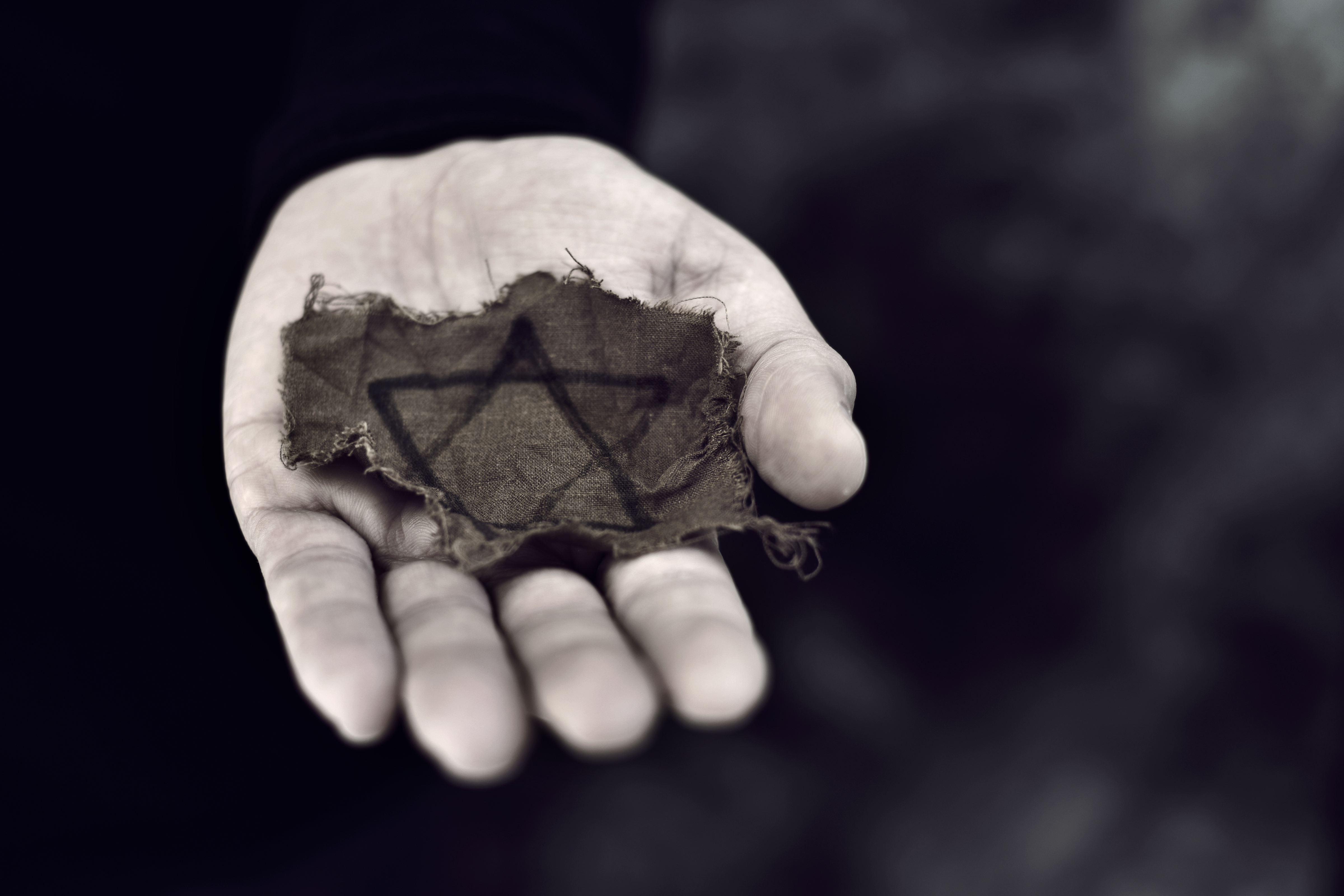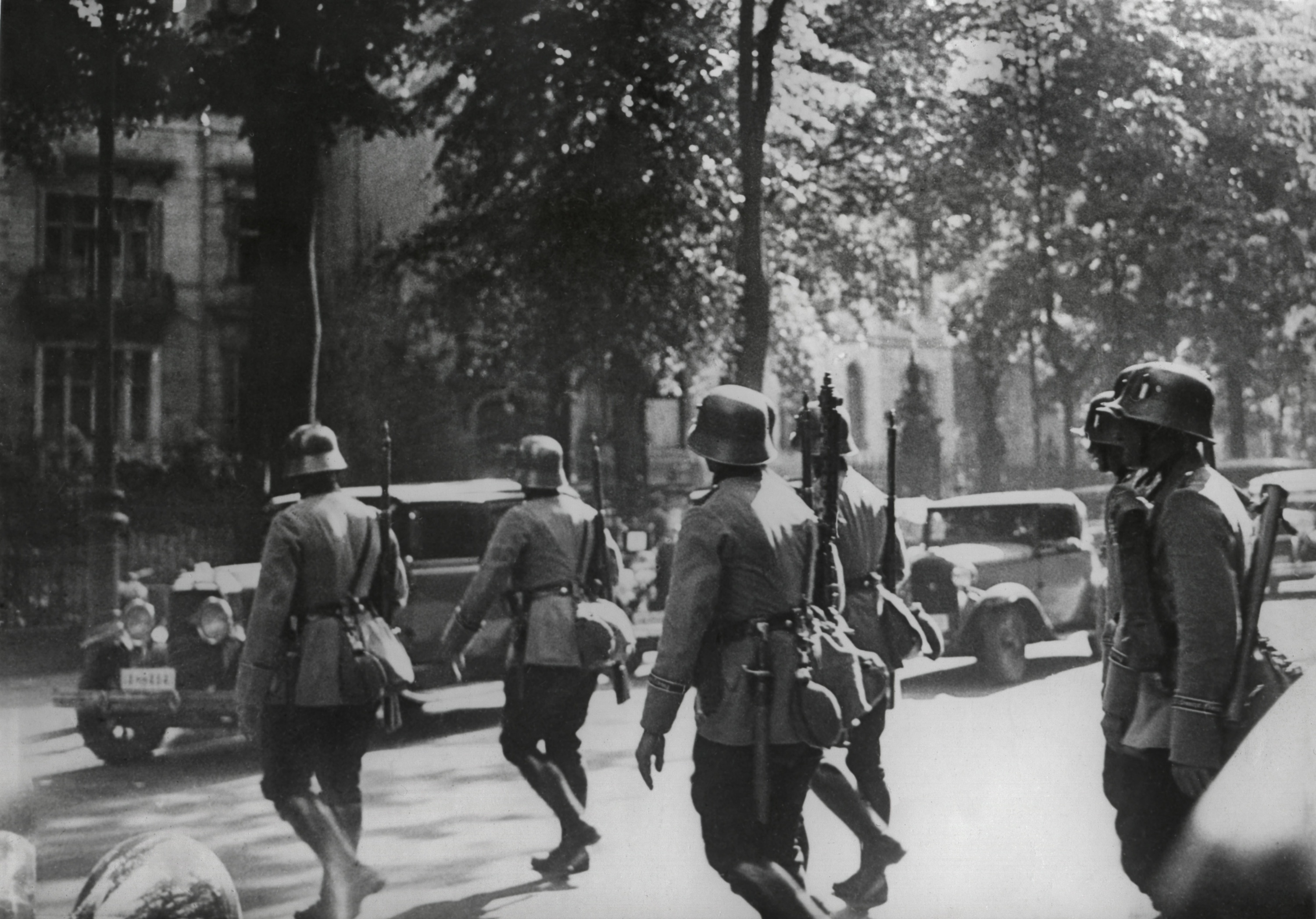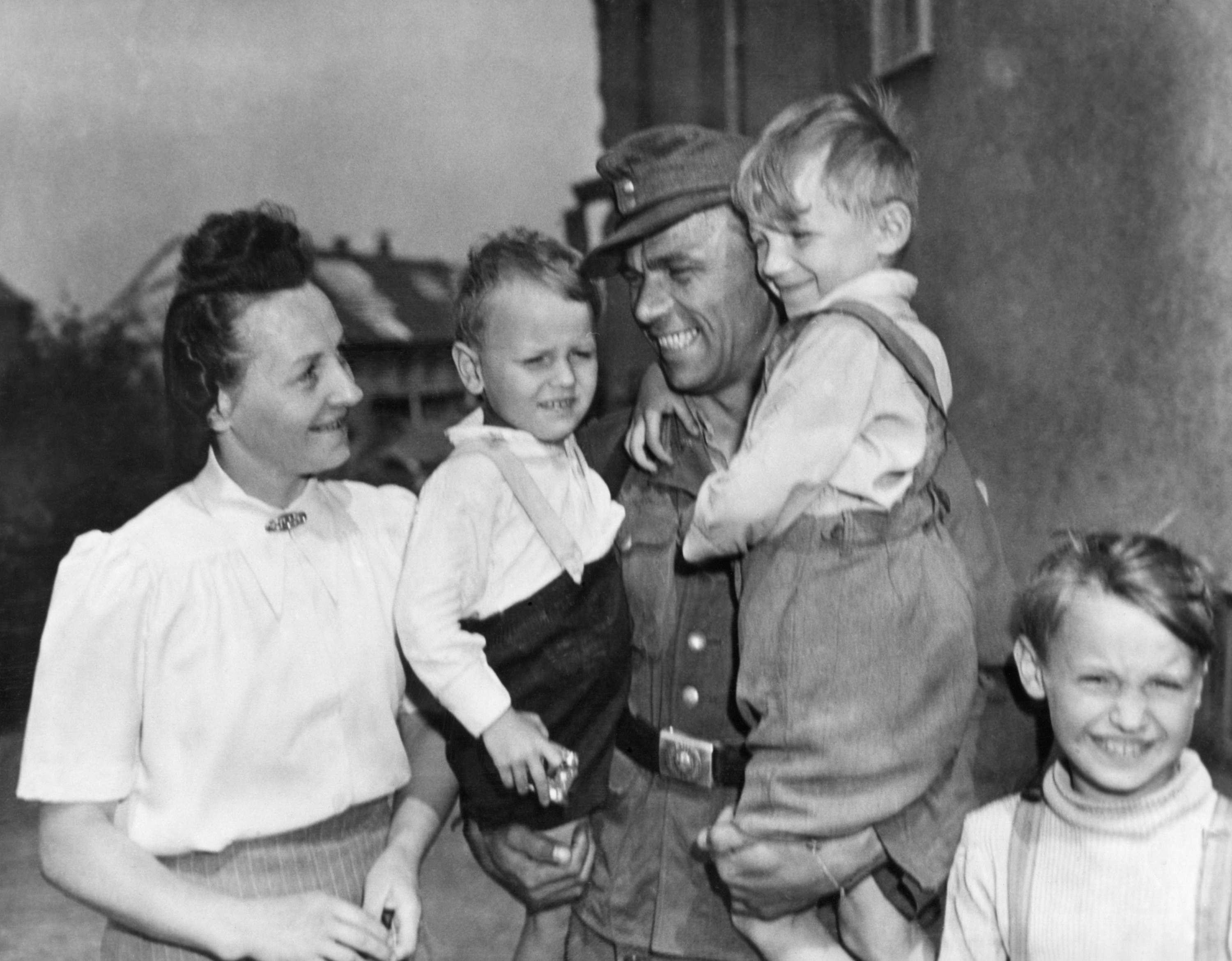The simplest and the most convincing answer I have heard to this very complex question was given in a public talk by Niklas Frank, the son of Hans Frank, who was the governor general of Poland during World War II and who presided over Poland from a castle in Kraków; a castle which, rather uncannily, I visited as I was growing up in Kraków shortly after all of that. When asked about the widespread collusion of Germans and the lack of resistance, he said it was the lack of civil courage; in other words, the kind of ordinary daily courage which allows you to stand up to authority and defy it when necessary. I think Frank was pointing to some cultural elements in this, for example to the authoritarian structure of the German family, which has been much written about since then.
The reparative dialogue between Jews and Germans after the Holocaust
Visiting Professor European Institute
- Genocide is a form of gratuitous violence which is not perpetrated in the aim of conquest or a victory but in order to humiliate and annihilate the identity of a person or a group.
- The widespread collusion of Germans in the Holocaust and the lack of resistance can be attributed to a lack of civil courage: the kind of daily courage which allows you to stand up to authority and defy it when necessary.
- In the second generation, the children of perpetrators and the children of victims of the Holocaust can enter into a difficult, yet reparative, dialogue with one another.
"Gratuitous Violence"
First of all, we have to distinguish between genocide and other forms of violence. Genocide is a form of what Primo Levi called gratuitous violence; that is, violence which is not perpetrated with the aim of conquest or a victory but in order to humiliate and annihilate the identity of a person or a group.
The production of distance
In Nazi Germany, the genocide was enabled by a viciously racist ideology and delusions of racial superiority. It was also helped by something that the Polish sociologist Zygmunt Bauman called the "production of distance". Before the outbreak of the Holocaust and before they established the concentration camps, the Nazis embarked on a systematic process of dehumanising the Jews. The Jews were not permitted to attend certain cultural events. Their children were expelled from schools which were attended by German children. Their property was confiscated, etc. Eventually they came to be seen as entirely other and not related to other humans, as if they were not quite human. There is a question in all of this about what permitted the widespread collaboration of the German population with this Nazi project of extermination.

Escape from freedom
I think the insights given to us by thinkers in the 1930s, as they watched the rise of Hitler and the Nazi ideology, are still relevant today. Sigmund Freud told us about the attraction of the strong authoritarian leader, particularly to people with a weak structure of identity and the importance of allegiance to such leaders in the creation of a group identity. And it was Erich Fromm, his philosophical disciple, who, in a book entitled Escape from Freedom, also noted that freedom is a difficult condition and that the flight from it into a rigid ideology or rigid conformism is particularly compelling for those with a weak structure of identity or with an undeveloped capacity to think and make decisions for themselves. These insights, I think, are still very relevant today.

The absolute loyalty to the Führer and to the Nazi ideology meant that the perpetrators were not ashamed of what they were doing. On the contrary, they thought they were performing moral and right deeds. Some of them enjoyed photographing the massacres they were perpetrating in order, I suppose, to show their good work. It is, however, a hopeful fact that all of this changes in the second generation, and that these kinds of attitudes are not part of what has been thought of as a kind of notional “national character”.
The legacy of second generation Germans
The German second generation also comes into a very difficult legacy. They are the descendants of people who perpetrated the worst atrocity in human history. They often feel obliged to hate the people they actually love – their parents who brought them up, or their other relatives. It’s a conflict of considerable power.
There are also some similarities, which proceed from the passage of trauma between the testimonies of the German second generation and the accounts we have of the Jewish descendants of survivors. In German families also, there were often silences within which there were hidden facts that were difficult, but which the children intuited by some nonconscious transmission. I remember, for example, reading an account by a German woman who said that, as a child, she was afraid that her parents would kill her. It turned out that her parents were involved in terrible work, which she didn’t know about. They participated in the programmes of exterminating people who were thought to be physically or mentally deficient.

From subconscious transmission to essential dialogue
It is mysterious how such knowledge is passed on through non-conscious mechanisms. There is actually thinking now that pertains particularly to the Jewish second generation that trauma is transmitted physiologically through epigenetic processes. But in the second generation, this means that the children of perpetrators and the children of victims of the Holocaust have been able to enter into a dialogue with one another. And the dialogue has been reparative for both parties. In such conversations, Germans could replace the image of the archetypal victim, and the Jewish interlocutors could replace the frightening image of the archetypal perpetrator, with actual people and with insight into their inner lives, which often bore uncanny similarities to their own.
It is interesting that the dialogue between Jews and Germans has been easier than the dialogue between Poles and Jews. And this is because in the first dialogue, it is clear who is the perpetrator and who is the victim. There is no debate about that. The Germans acknowledge there is transferred guilt and the guilt of their first generation, whereas in the Polish Jewish dialogue, both parties claim that they are the inheritors of martyrological memories, and with some justification on both parts. And this is a very difficult dialogue to conduct, although it has moved forward.

Dialogue for democracy
I think perhaps the German Jewish dialogue and the insistence of the second German generation on reckoning with the German past have also been helpful in establishing Germany as a leading and, in some ways, exemplary democracy; although, once again, like so many European democracies, it is facing the rise of extremist movements, which is particularly troubling when they happen on German territory and when they employ Nazi symbols and Nazi slogans. Nevertheless, the dialogue between the two generations has been important and reparative as a sort of transitional point.
Discover more about
the outbreak of genocides
Hoffman, E. (1990). Lost in Translation: Life in a New Language. Penguin Books.
Hoffman, E. (2003). After Such Knowledge: Memory, History and the Legacy of the Holocaust. PublicAffairs.